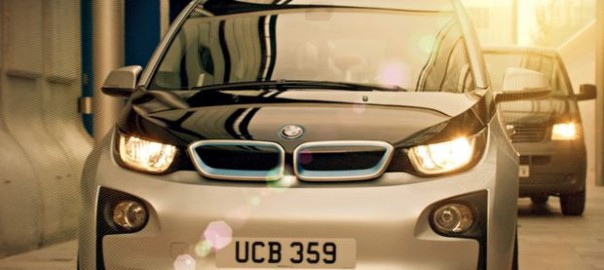Massive switch to electric cars could save drivers £1,000 a year on fuel costs, if infrastructure is built to support the vehicles
Electric cars could cut the UK’s oil imports by 40% and reduce drivers’ fuel bills by £13bn if deployed on a large scale, according to a new study.

An electric vehicle surge would deliver an average £1,000 of fuel savings a year per driver, and spark a 47% drop in carbon emissions by 2030, said the Cambridge Econometrics study.
The paper, commissioned by the European Climate Foundation, said that air pollutants such as nitrogen oxide and particulates would be all but eliminated by mid-century, with knock-on health benefits from reduced respiratory diseases valued at over £1bn.
But enjoying the fruits of a clean vehicle boom will require an infrastructure roll-out soon, as the analysis assumes a deployment of over 6m electric vehicles by 2030 – growing to 23m by 2050 – powered by ambitious amounts of renewable energy.
“There will be a transition in the next five-10 years but you won’t see a sudden shift to electric vehicles until consumers have got over their ‘range anxiety’ concerns and that will only happen with infrastructure spending,”
said Philip Summerton , one of the report’s authors.
With recharging stations still relatively few and far between, the ‘range anxiety’ fear that battery-powered vehicles could run out of power has been a notorious deterrent for consumers.
One study earlier this month found that such concerns were more common among less experienced electric vehicle drivers. But the EU also believes that a lack of recharging infrastructure is holding back the budding industry.
Advertisement
Two years ago the European commission proposed a €10bn (£7bn) public works programme, which would have exponentially grown recharging station numbers across Europe. In the UK alone, their numbers would have multiplied from 703 in 2012 to 1.22m in 2020.
But the Tory-led government helped to successfully oppose the measure because of the costs involved in ensuring that a minimum 10% of recharging stations were publicly accessible in every country. Despite this, British subsidies of about £5,000 for new electric car sales have helped the industry develop, industry sources say.
Read more: The Guardian
